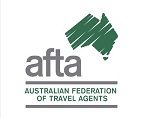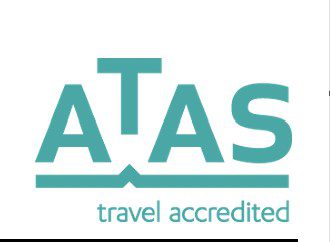 In a disappointing move announced during the budget, the Federal Government has decided to implement a $10 hike in the Passenger Movement Charge (PMC), resulting in an extra $520 million being drained from the struggling Travel Sector over the next five years. This decision comes at a critical time when the industry is on the cusp of recovery post-COVID, and it casts a shadow of uncertainty over its future prospects.
In a disappointing move announced during the budget, the Federal Government has decided to implement a $10 hike in the Passenger Movement Charge (PMC), resulting in an extra $520 million being drained from the struggling Travel Sector over the next five years. This decision comes at a critical time when the industry is on the cusp of recovery post-COVID, and it casts a shadow of uncertainty over its future prospects.
With the PMC set to rise to $70 for every person leaving Australia, the total PMC revenue is projected to reach a staggering $1.38 billion in 2024/25. While $420 million is earmarked for Border Management, it raises concerns about the fairness and timing of such a tax increase. Ongoing cost-of-living pressures have already burdened the Travel Sector, and the introduction of additional taxes, especially when the Budget is in surplus, seems ill-timed.
It is worth noting that the PMC was initially introduced at a rate of $10.00, and the recent hike to $60.00 represents a 500 per cent increase. This places Australia’s departure tax among the highest in the developed world. Before the pandemic, the PMC was already generating over $1.2 billion in tax revenue annually, surpassing the Department of Home Affairs and the Department of Agriculture and Water expenditure on border management.
The decision to increase the PMC by 16% has sparked disappointment and concern within the industry. Dean Long, CEO of the Australian Federation of Travel Agents (AFTA), expressed his disappointment, highlighting its negative impact on Australian families trying to stay connected. The increase in PMC is expected to reduce air capacity in Australia further, exacerbating the sector’s slow recovery, which is currently operating at 30% below pre-COVID levels.
Long emphasized that the PMC consistently generated over $811 million before the pandemic, surpassing the funding required for biosecurity measures to protect the community and agriculture sector from pests. He deemed the government’s demand for an additional $200 million for the next year unwarranted and inappropriate, particularly in the current environment.
In response to this concerning development, industry bodies such as AFTA, the Tourism & Transport Forum (TTF), and the Australian Airports Association (AAA) are joining forces to coordinate the sector’s response. They will work together through the parliamentary review process to advocate for the best possible outcome for their members, clients, and the sector as a whole.
Given the challenging state of the Travel Sector and the economic pressures faced by both Australians and international tourists, it would have been more prudent for the government to support the recovery of the industry rather than burden it with additional taxes. By fostering an environment that encourages travel and supports the sector’s revival, more people would be inclined to travel, leading to a more substantial and sustainable recovery.
In conclusion, the decision to increase the PMC by $10 and generate an additional $520 million in revenue over the next five years poses a significant setback for the Travel Sector. With the industry still grappling to regain its pre-pandemic momentum, imposing further financial burdens hampers its recovery efforts. The government must reconsider this decision and prioritize the sector’s revival by providing desperately needed support.
Written by: Jill Walsh


















